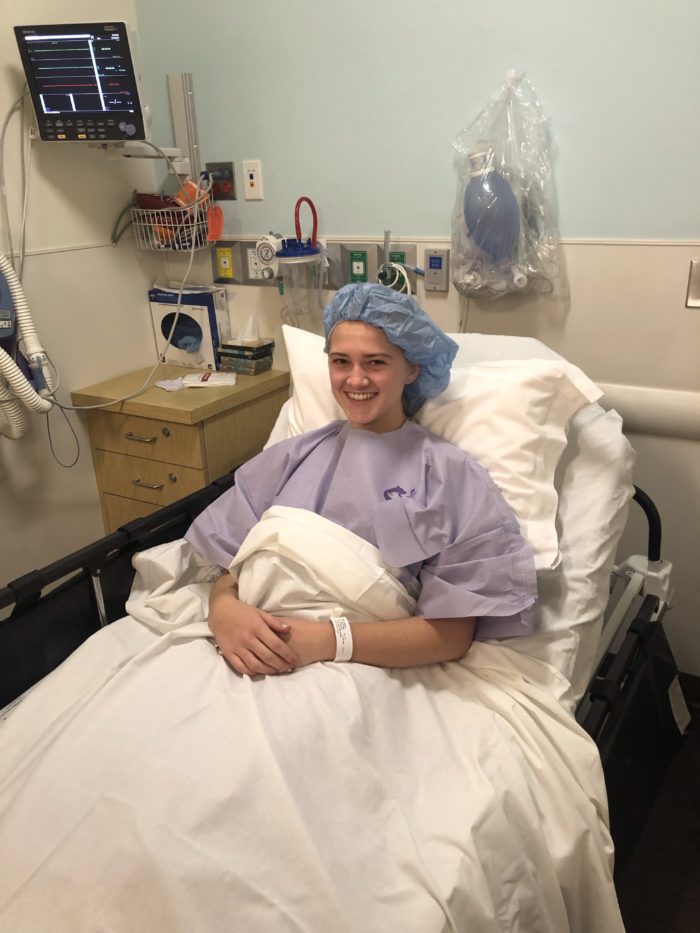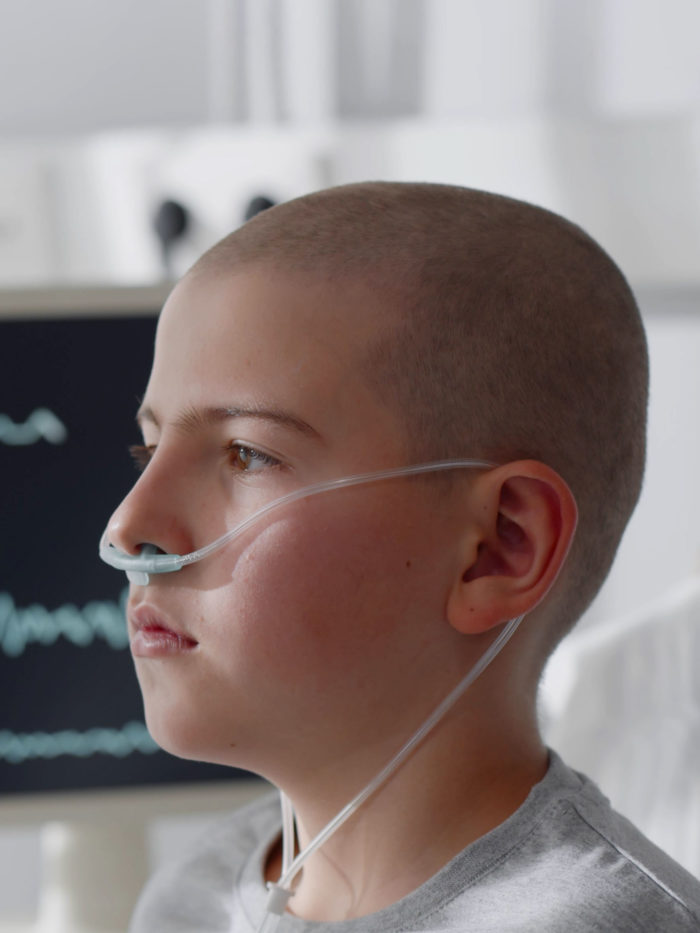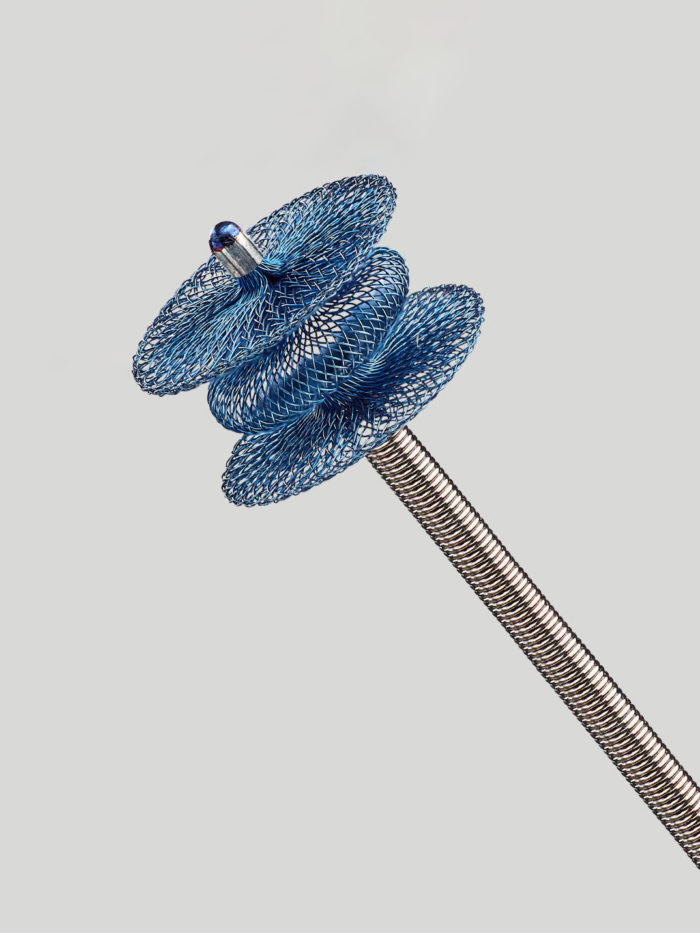Two CHOC otolaryngologists are championing intracapsular tonsillectomies to reduce bleeding and hospital readmission rates.
CHOC nurse scientist to discuss collaborative innovation at national conference
Jennifer Hayakawa participated in the “Teamwork makes the dream work” panel at the seventh annual Nursing Innovation Summit on Oct. 23.
Testicular Cryopreservation bringing hope to CHOC cancer patients
Young male patients undergoing treatment for some cancers or blood disorders at CHOC Children’s have another hope for fertility preservation.
Leprosy antibiotic is safe treatment for M. abscessus infections, CHOC infectious disease team finds
An oral antibiotic used to treat leprosy is safe and well-tolerated in children with challenging-to-treat mycobacterium abscessus infections.
CHOC team using new device to close heart defect in tiny patients
CHOC became one of the first hospitals to use the Abbott Amplatzer Piccolo™ Occluder to treat patent ductus arteriosus or PDA.
CHOC CHIO Recognized for Leadership in Health Information Technology
Dr. William Feaster has been recognized nationally for leadership in utilizing health information technology to increase positive outcomes.







